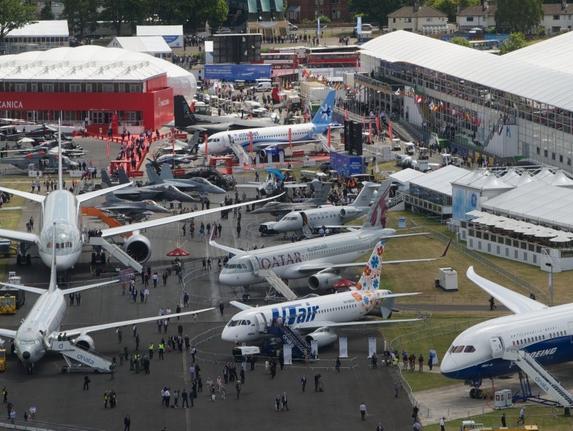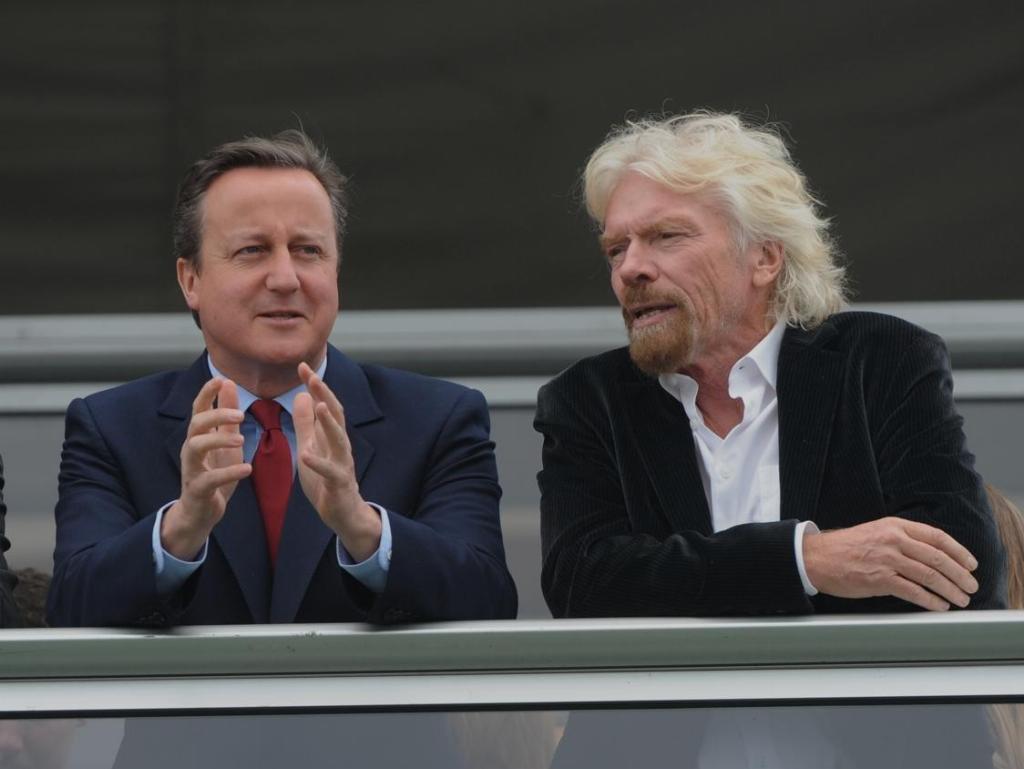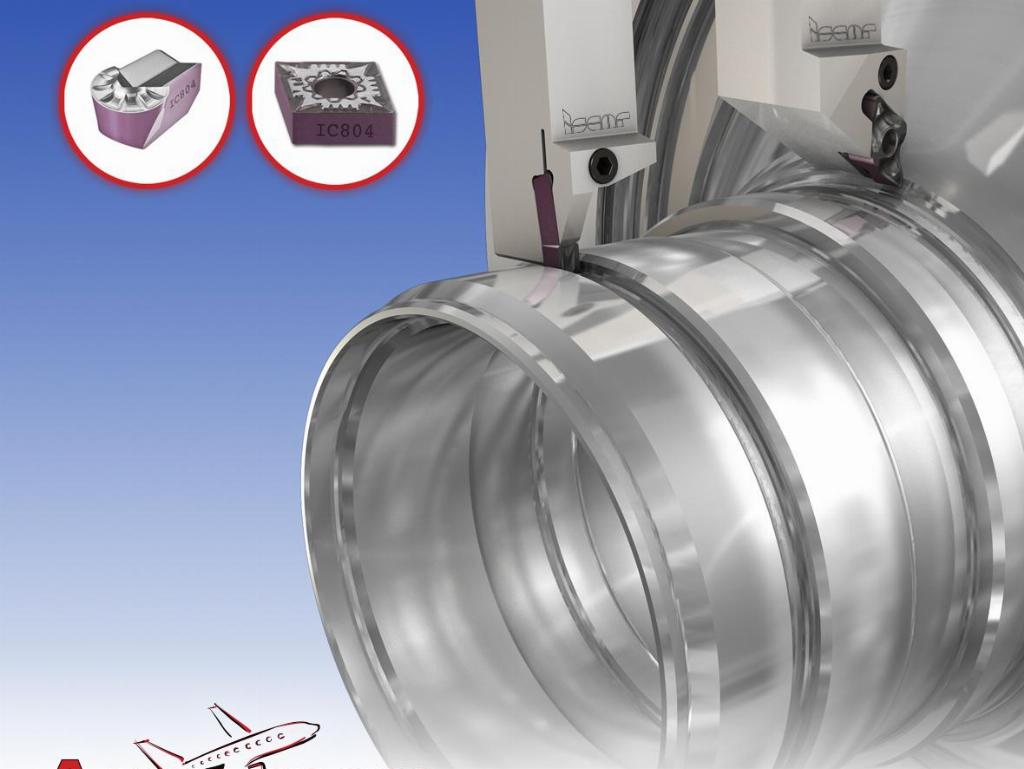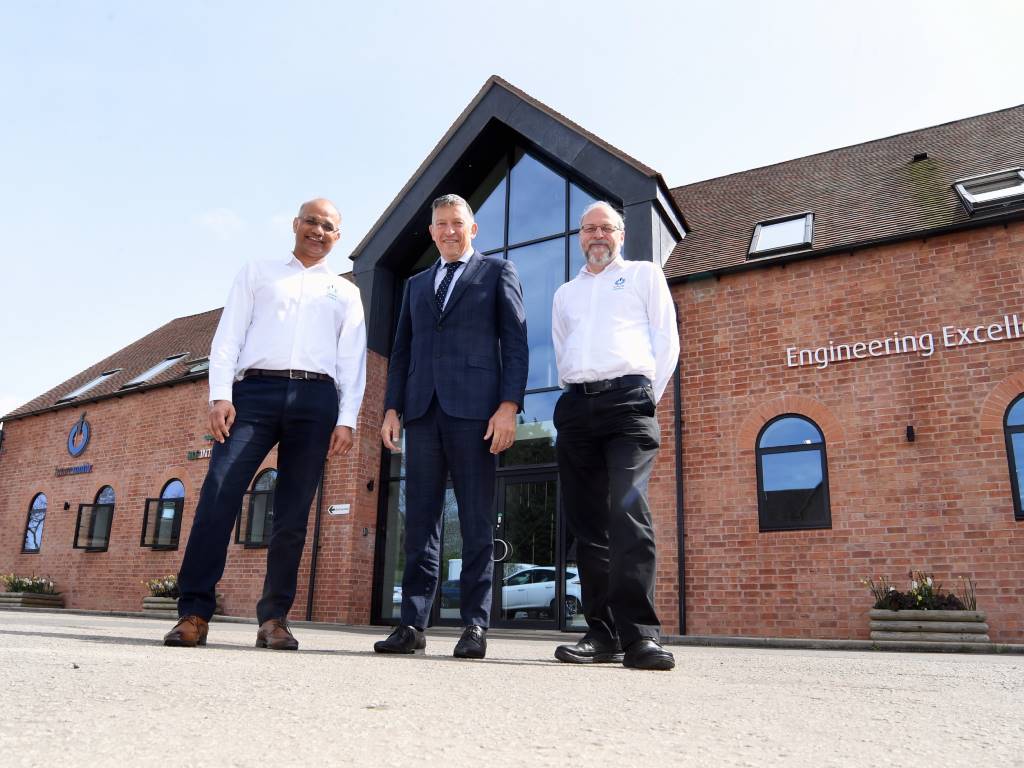UK is still top for aerospace manufacturing investment in Europe

A new report from PwC on the attractiveness of aerospace manufacturing investments globally has ranked the UK first in Europe and 7th globally.
The 2020 Aerospace Manufacturing Attractiveness report assesses a range of aspects such as cost, economy, infrastructure, labour, industry, and tax policy.
It also analyses geopolitical risks such as Brexit, and it is this lingering economic uncertainty alongside COVID-19 that has been a factor in the UK’s drop from 4th position in 2019.
The top three spots this year are held by the US, Singapore (3rd - 2019) and Canada (2nd - 2019) with South Korea, Japan and Australia leapfrogging the UK to take 4th to 6th positions respectively. Germany, the Netherlands and Hong Kong complete the top 10 nations.
According to the analysis, the biggest shifts for the UK were in the cost category (from 4 to 20) and the industry category (from 8 to 17). This is in part due to Brexit trade challenges that continue to impact the UK aerospace and defence sectors, particularly in relation to supply chains, EU funded research and development investment, access to skilled workers and strategic business partnerships with EU-based companies.
The pandemic also exacerbated a rash of challenges earlier this year, including cash flow and liquidity, resulting in proactive government support, supply chain disruptions and, naturally, unprecedented revenue shortfalls. The report notes that while the return of air travel demand could take as long as three to five years, defence infrastructure investment has been more resilient during this period.

Roland Sonnenberg, head of UK aerospace and defence at PwC, is adamant that despite the uncertainties ushered in by these challenges, the UK remains an attractive hub for aerospace manufacturing.
He said: “Both the government and industry in the UK recognises the significant contribution that the aerospace and defence sector makes to creating a highly skilled workforce, innovative products, and advanced engineering capabilities that are valued globally in the export market.
“But the industry must double down to compete, continuing the investment in skills and technology, particularly with the aim of reducing our carbon footprint, if it is to continue to unlock the UK’s capabilities and bolster its attractiveness as a trade and investment partner for the EU and other nations.
“As Brexit looms and COVID-19 continues to takes its toll on the aviation sector in particular, it’s heartening to see the Government acknowledge what a dynamic and exciting industry this is with ongoing support such as the Future Flight programme, which will receive up to £125 million from the Industrial Strategy Challenge Fund to take commercial advantage of the future technologies. The National Aerospace Technology Exploitation Programme is also designed to improve the competitiveness and productivity of small and medium sized companies.”
There are fewer than 50 working days until the end of the Brexit transition period, at which point the UK will leave the EU customs union and single market. We don’t have full clarity on tariffs yet but, regardless of the outcome of negotiations, change is coming in a matter of weeks.
Businesses must be ready to move goods, people, and data differently from 1 January, including making customs declarations on all goods moving between the UK and EU - whether that’s individual components, sub-assemblies or finished goods.
Greater clarity is urgently needed by the sector which employs highly integrated supply chains and where even a marginal cost increase could make all the difference to the health of an organisation and its ability to compete.
Mr Sonnenberg, concluded: “In what is a tough economic environment, it is critical that trade is as free as possible as we move into this new era. Organisations must also take appropriate steps to ensure they are ready to move people, goods and data differently in 2021.
“Until the pandemic hit, the industry’s principal focus over the last 20 years was growth - but now is the time for priorities to change. Businesses have an ideal opportunity to take stock, adjust their strategic priorities, and focus on their immediate cash flow and working capital challenges so they are in robust health and able to react swiftly when markets improve.
“Firms that build on their immediate response to the pandemic and shifting Brexit challenges, demonstrating market-leading innovation and agility, will be best positioned to outpace their competitors in the months and years ahead.”
PwC www.pwc.com













